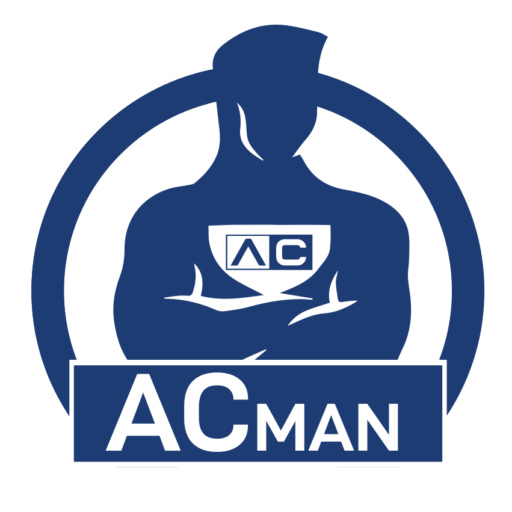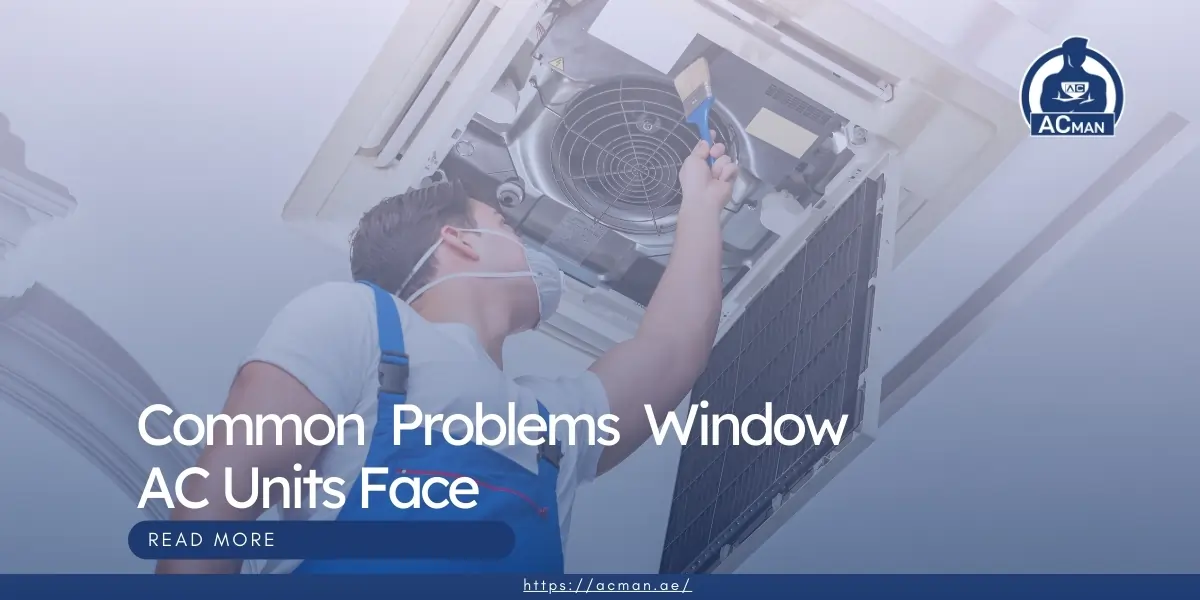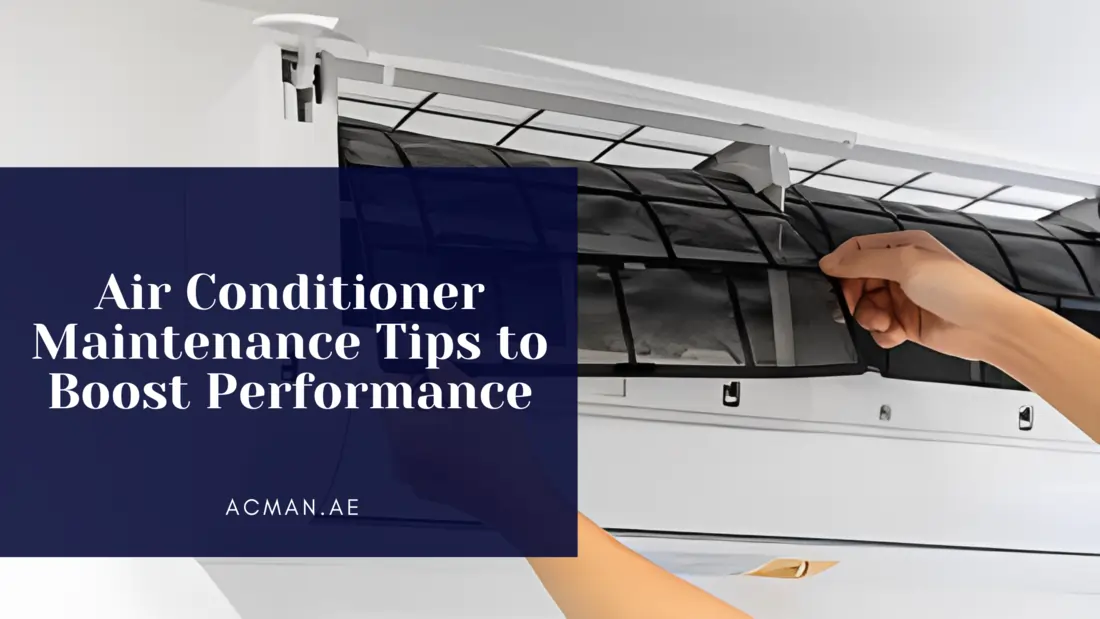As the sweltering heat of summer approaches, many homeowners rely on their window air conditioning units—be it 2 Ton, 2.5 Ton, 1.5 Ton, or 1 Ton—to keep indoor temperatures comfortable. However, like any appliance, window AC units are prone to encountering various issues that can disrupt their functionality. From minor glitches to major malfunctions, understanding the common problems associated with these units is essential for efficient troubleshooting and maintenance. In this comprehensive guide, we’ll explore the typical challenges that window AC units face and provide practical solutions to ensure optimal performance.
1. Inadequate Cooling Performance
One of the most common problems encountered with window AC units is inadequate cooling performance. Homeowners may notice that their unit is struggling to cool the room effectively, leading to discomfort and frustration, especially during hot summer days.
Check the Air Filter:
- A dirty or clogged air filter can restrict airflow, reducing the unit’s cooling efficiency.
- Regularly inspect and clean or replace the air filter as needed.
- Consider setting a reminder on your calendar to perform this task every month during peak usage periods.
Ensure Proper Installation:
- Improper installation, such as gaps around the unit or insufficient insulation, can compromise its cooling capacity.
- Verify that the unit is securely mounted and adequately sealed to prevent air leaks.
- Use weather stripping or foam insulation to seal any gaps and improve energy efficiency.
Verify Thermostat Settings:
- Ensure that the thermostat is set to the desired temperature and is functioning correctly.
- Adjust the settings as needed and consider using a programmable thermostat for better temperature control.
- Programming your thermostat to adjust temperatures based on your schedule can help save energy and ensure optimal comfort.
2. Refrigerant Leaks and Tonnage Issues
Refrigerant leaks are another common issue that can affect the performance of window AC units. Low refrigerant levels not only diminish cooling efficiency but can also lead to system damage if addressed. Additionally, selecting the appropriate tonnage for your unit is crucial for optimal cooling.
Schedule Professional Inspection:
- If you suspect a refrigerant leak, contact a qualified HVAC technician to inspect the unit.
- They can locate and repair the leak, as well as recharge the refrigerant to the appropriate level.
- Investing in annual maintenance checks can help identify and address potential issues before they escalate.
Check Tonnage Compatibility:
- Ensure that the tonnage of your window AC unit matches the cooling requirements of your space.
- Units are available in various cargoes, including 2 Ton Window AC, 2.5 Ton Window AC, 1.5 Ton Window AC, and 1 Ton Window AC.
- Selecting the right tonnage ensures efficient cooling performance and energy savings.
- Consult with an HVAC professional to determine the appropriate tonnage for your room size and insulation level.
Avoid DIY Repairs:
- Attempting to repair refrigerant leaks without proper training and equipment can be dangerous and may void the unit’s warranty.
- Leave this task to experienced professionals to ensure safety and efficacy.
3. Electrical Malfunctions
Electrical malfunctions can occur in window AC units due to various factors, including faulty wiring, capacitor issues, or power supply problems. These issues can result in erratic operation or complete unit failure.
Check Power Supply:
- Ensure that the unit is receiving adequate power and that the electrical outlet is functioning correctly.
- Test the outlet with other devices to rule out potential issues.
- Consider using a dedicated electrical circuit for your window AC unit to prevent overloading and electrical hazards.
Inspect Wiring and Components:
- Examine the unit’s wiring and electrical components for signs of damage or wear.
- Replace any damaged parts and tighten loose connections to restore proper functionality.
- If you’re unsure about electrical repairs, it’s best to seek assistance from a qualified electrician to avoid the risk of injury or damage to the unit.
Consult a Professional:
- If electrical problems persist or if you’re unsure about troubleshooting electrical issues, consult a licensed electrician or HVAC technician for expert assistance.
- They have the knowledge and tools to diagnose and repair electrical issues safely and effectively.
Frozen Evaporator Coils
Frozen evaporator coils are a common issue in window AC units, often caused by restricted airflow, refrigerant leaks, or dirty coils. When the coils freeze, the unit’s cooling capacity is significantly reduced, resulting in inadequate temperature regulation.
Thaw the Coils:
- Turn off the AC unit and allow the evaporator coils to thaw completely before attempting any repairs.
- Use a fan or gentle heat source to expedite the thawing process if necessary.
- Avoid using sharp objects or excessive force to avoid damaging the coils.
Inspect Airflow:
- Check for obstructions or blockages that may be impeding airflow around the evaporator coils.
- Remove any debris or obstacles to ensure proper ventilation.
- You can use a vacuum cleaner with a brush attachment to gently clean the coils and remove dirt and debris.
Address Underlying Issues:
- Once the coils are thawed, address any underlying issues, such as refrigerant leaks or dirty coils, to prevent future occurrences.
- Schedule regular maintenance checks to keep the coils clean and ensure optimal airflow.
Conclusion
In conclusion, regardless of their cargo, window AC units, such as 2 Ton, 2.5 Ton, 1.5 Ton, or 1 Ton, are susceptible to typical problems that can affect their performance and efficiency. By familiarizing yourself with these issues and implementing the appropriate solutions, you can troubleshoot and maintain your unit effectively. Remember to perform regular maintenance tasks such as cleaning the air filter, inspecting for leaks, and addressing electrical concerns to ensure optimal cooling performance throughout the summer months. If you encounter persistent or complex issues, don’t hesitate to seek professional assistance to avoid further damage and ensure the longevity of your window AC unit. With proactive care and attention, you can enjoy reliable and refreshing indoor comfort when you need it most.
FAQs
Check and clean or replace the air filter regularly, ensure proper installation and sealing, and verify thermostat settings for optimal cooling performance.
Schedule a professional inspection with a qualified HVAC technician to locate and repair the leak and recharge the refrigerant to the appropriate level.
Electrical malfunctions can include faulty wiring, capacitor issues, or power supply problems, leading to erratic operation or unit failure.
Thaw the coils completely, inspect airflow for obstructions, clean the coils, and address any underlying issues such as refrigerant leaks or dirt buildup.
No, attempting DIY repairs on refrigerant leaks can be dangerous and may void the unit’s warranty. For safety and efficacy, it’s best to leave this task to experienced professionals.












